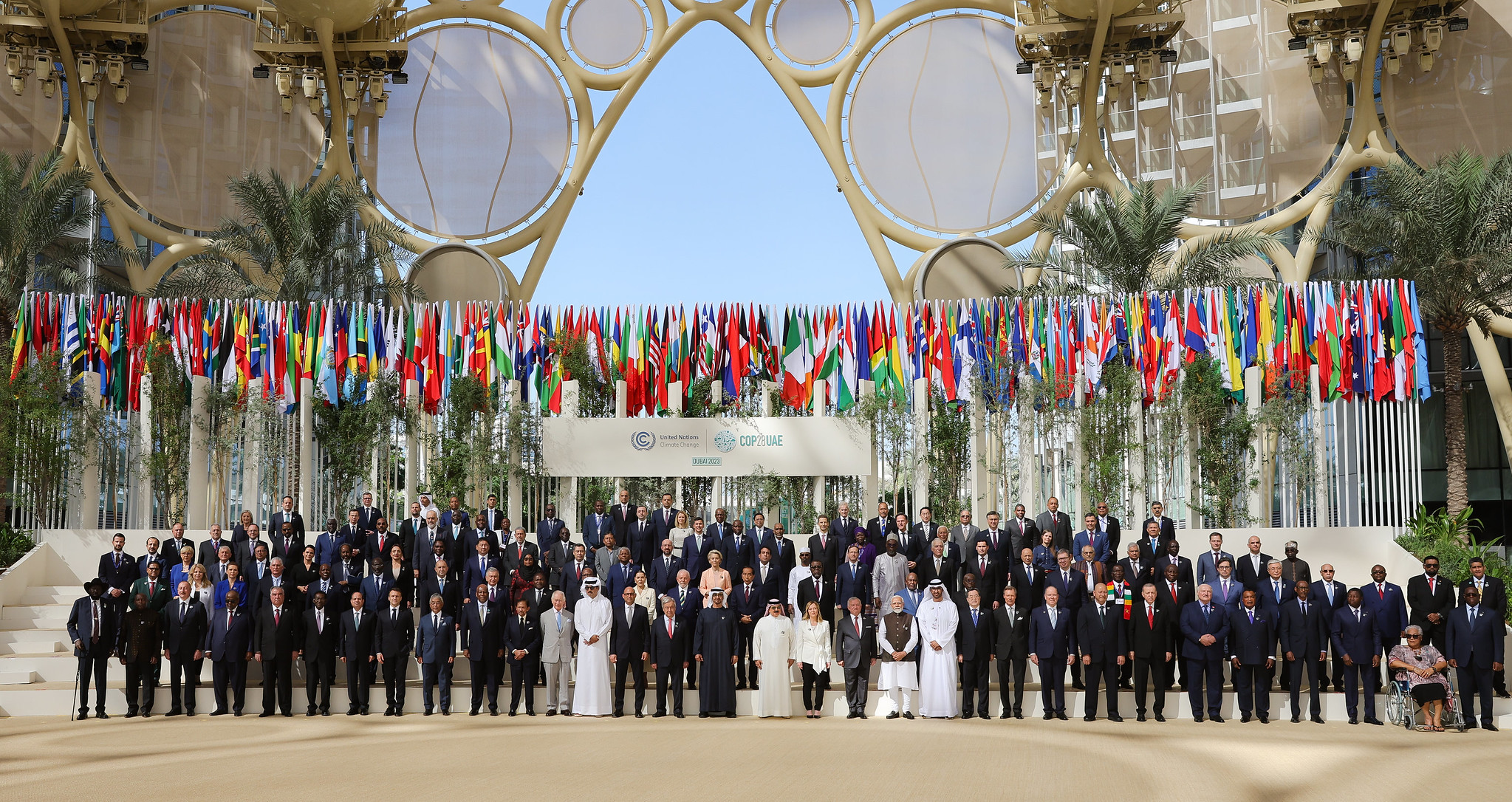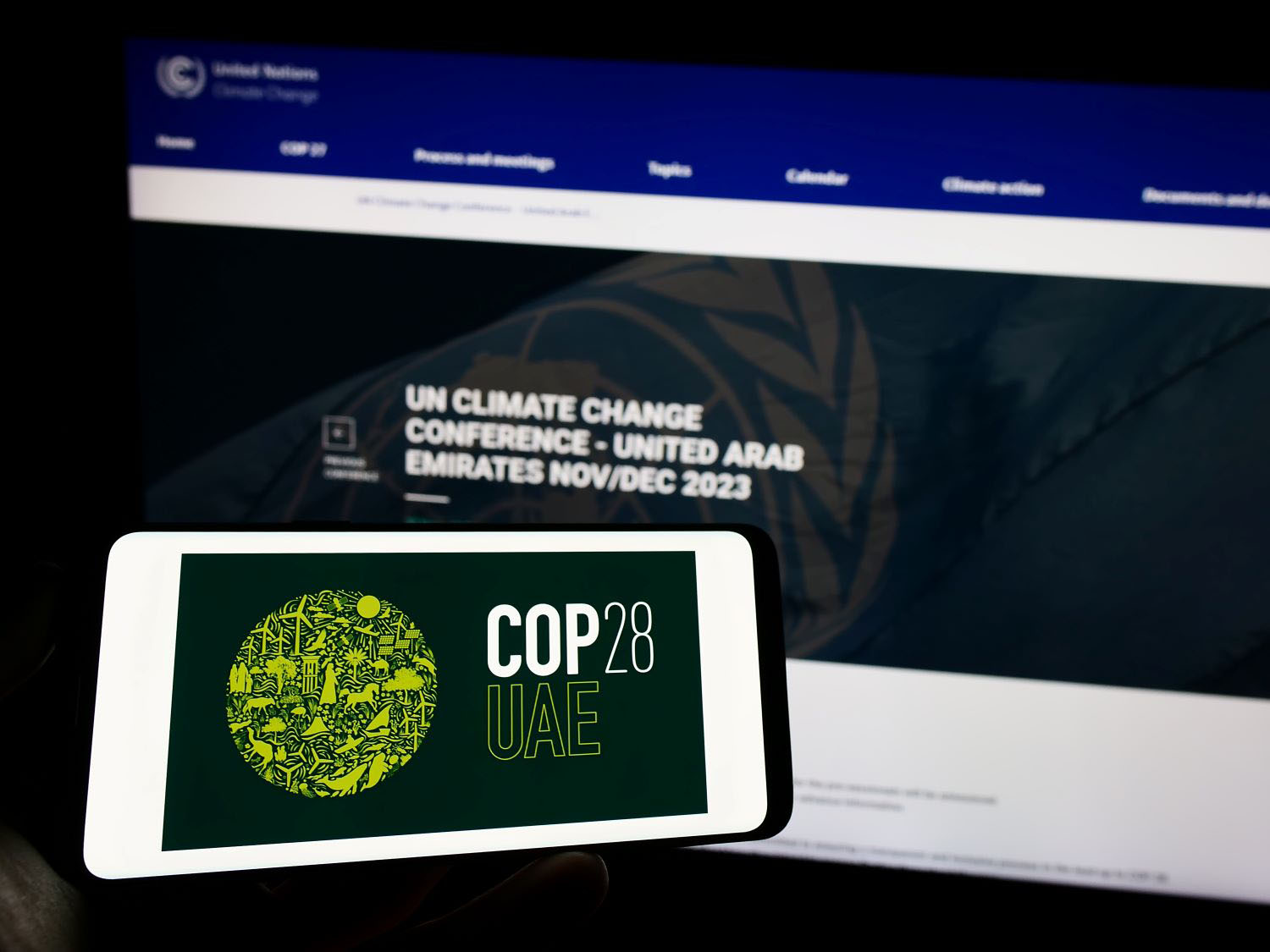Africa’s energy deficits are well known. But it’s very rare to hear policymakers talk openly about nuclear power on the continent.
I’ve known about South Africa’s nuclear power sector and have heard a little about that country’s development of new pebble-bed technology. I knew that the Democratic Republic of the Congo and several other countries have small research reactors. I’ve been aware that France, whose own domestic electricity mix is heavily nuclear, depends on uranium from Niger, one of the most energy poor countries on the planet. And I even discovered a surprising African link to US nuclear technology: the original material for the Manhattan Project came from the Shinkolobwe mine in Congo (Ryker fans will know I use this historical nugget to drive a subplot in my thriller Minute Zero).
But I, like many of my development colleagues, never really thought seriously about nuclear power as an option for Africa’s energy future. Thinking back, I probably even dismissed it as a crazy idea.
Yet the more I’ve learned about nuclear power, including from this paper on the small modular reactor market in Ghana by a former colleague Priscilla Atansah, the more curious I became.
Clearly, African governments desire a lot more power for their economies and their interest in nuclear power appears to be growing. Ghana, Nigeria, Namibia, Kenya, and others are all pursuing nuclear power in one way or another. And Russia is actively marketing its own civilian nuclear technology in African countries.
Nuclear power is attractive because once built, it’s a reliable source of zero carbon power. Of course, nuclear power has a long list of downsides too, including security, regulatory and oversight requirements, and especially cost. At first glance, these might seem like insurmountable barriers, making Africa poorly suited for this type of power. And that’s probably correct for large traditional light-water reactors.
But what about small modular reactors? What about an array of potential next generation nuclear technologies not yet in the market? Might some of these have different requirements or cost structures that could make them more attractive in Africa’s energy-hungry emerging markets?
I honestly had no idea, but I wanted to find out. To start to get a better understanding of the status, opportunities, and challenges of nuclear power on the continent, CGD commissioned an overview paper from researchers at the Breakthrough Institute, a think tank in Oakland that specializes in technology and the environment. I think of the paper as a beginner’s guide to nuclear power for developmentistas.
My main takeaways from the paper:
-
Interest in nuclear power among African governments is stronger than many people realize.
-
Some of the new designs and technologies under development or expected in the marketplace soon might be particularly well-suited to the needs and conditions in many African markets, including prefabricated small modular reactors, floating reactors, and sealed micro-reactors.
-
None of these are shovel-ready yet. While the potential may be real, deployment is at least a decade away.
-
The peculiarities of financing construction of nuclear power projects, including the total absence of traditional infrastructure finance organizations like the World Bank, are likely to drive a lot of the decision making toward Chinese and Russian models.
Read the full paper here. And for more on this issue, I would also recommend this Titans of Nuclear podcast with one of the paper’s authors, Jessica Lovering.
CGD blog posts reflect the views of the authors, drawing on prior research and experience in their areas of expertise.
CGD is a nonpartisan, independent organization and does not take institutional positions.





